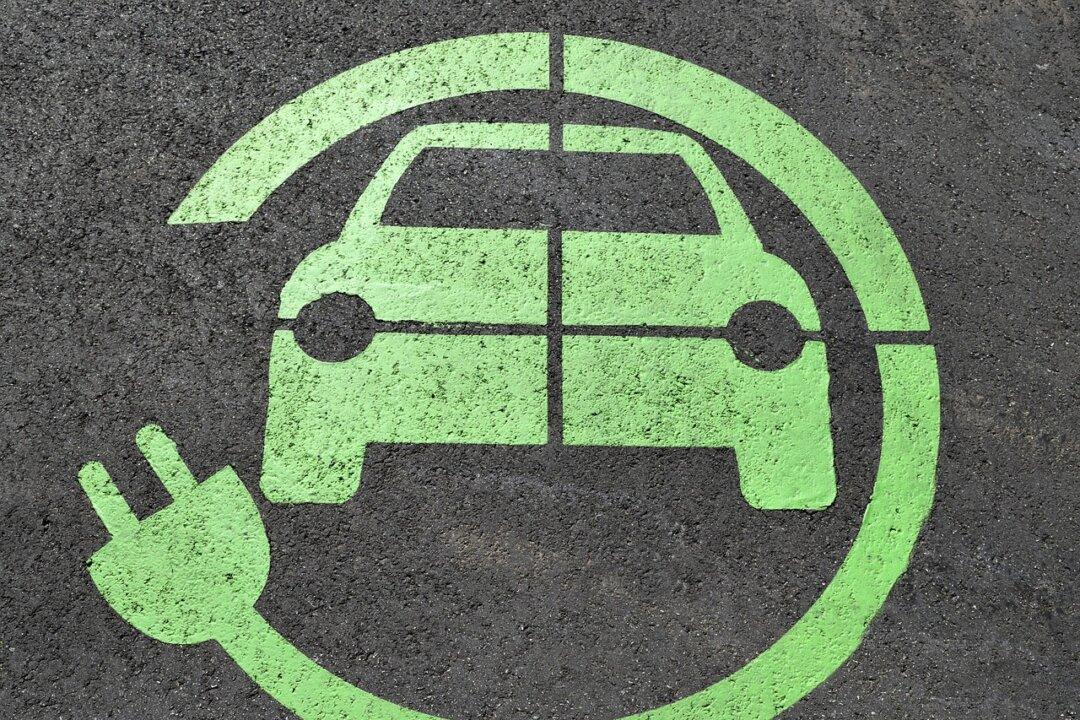The Australian Capital Territory (ACT) will roll out the “most extensive financial incentives in the country” as it pushes to phase out petrol and diesel vehicles by 2035 and encourage drivers to buy electric vehicles (EVs).
The Labor-Greens-led ACT government’s ambitious plan for the nation’s capital also includes a goal for 90 percent of new car sales to be EVs by 2030.





